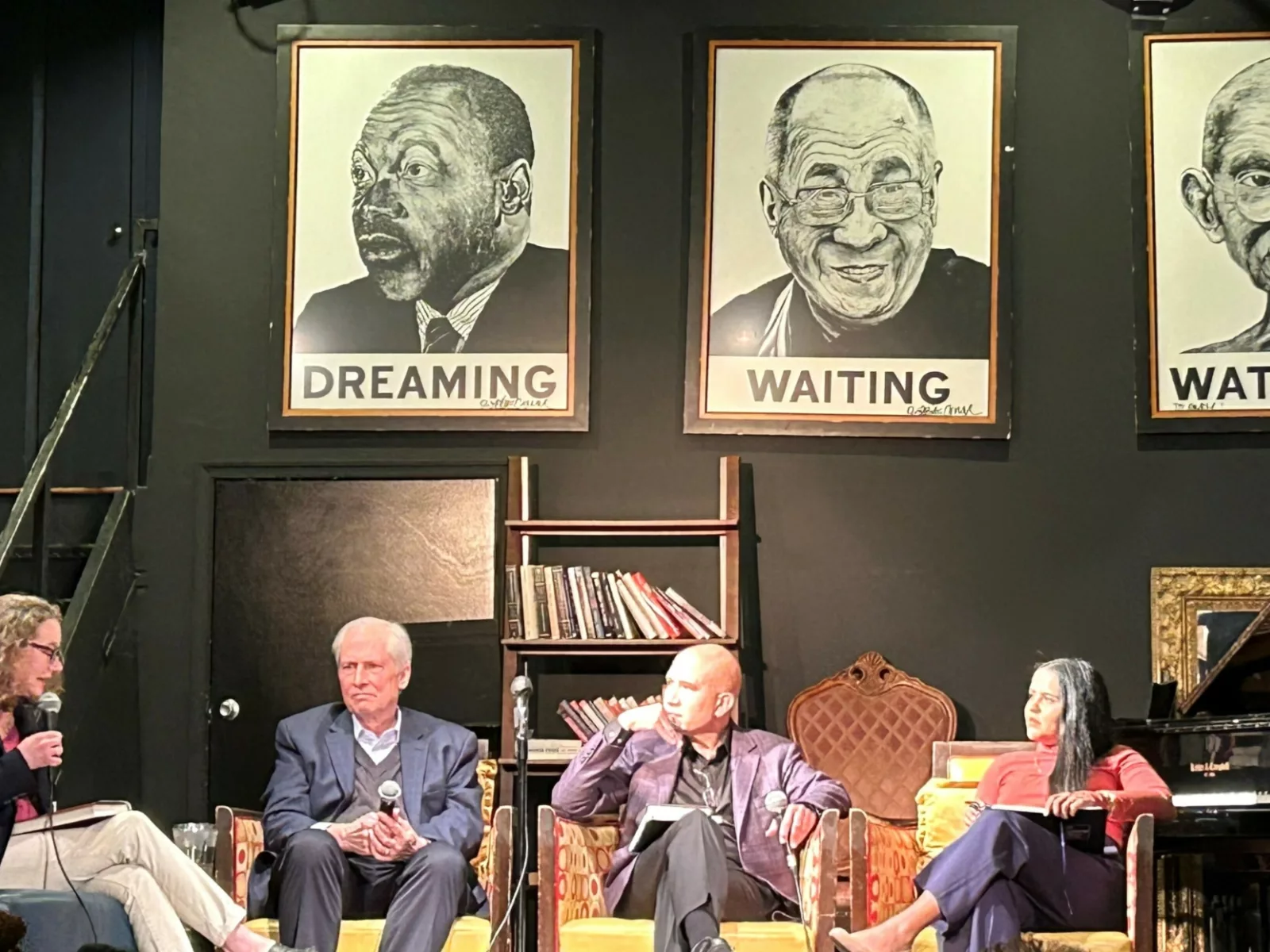
As calls for criminal justice reform ring throughout the U.S., prosecutors have been turning to diversion programs aimed at keeping people out of jail.
Those programs often allow people charged with low-level crimes — such as minor drug possession or retail theft — to complete programs that avoid prosecution and involvement with the criminal justice system.
In a first-of-its-kind study, Howard Henderson and a team from Texas Southern University will analyze the benefits and costs of those prosecutor diversion programs compared to traditional case processing. The study will research programs in seven offices located in Colorado, Mississippi, California and Texas, covering a mix of rural, suburban, and urban jurisdictions.
The research is supported by one of 14 grants recently announced by Arnold Ventures that aim to better understand prosecutorial discretion.
“What we want our research to do is help solve problems, minimize or reduce disparity, and allow our system to focus on the individuals that need attention in a manner they deserve,” said Henderson.
We spoke with Henderson about his ongoing research and what a “model” prosecutor’s office looks like.
This interview has been edited for length and clarity.

National Partnership for Pretrial Justice
Prosecutor’s offices have historically operated behind a veil even as their decisions have very real impacts on people’s lives. Why is it now that focus is shifting to their work?

Howard Henderson
The attention has been, for the most part, on the police and our correctional system. It’s like everyone forgot about this cog in the wheel that probably has more power than any other entity in the system. Part of it is that there’s a growing body of knowledge out there that is trying to understand criminal diversions and how we keep people out of jail. But essentially you have economic and social pressure that’s pushing our system to transform itself. And we’re trying to reduce jail and prison sentences by offering alternatives to pretrial detention and incarceration, and at the same time promoting equity. That’s tough. What we’ve found is that people just need solutions. They need options that make sense. And if you can reduce disparity but at the same time rehabilitate people so that they can be more productive citizens, then it’s a win-win for everybody.

National Partnership for Pretrial Justice
Right. Research has clearly shown that extended jail stays can severely impact a person’s life.

Howard Henderson
Exactly. The collateral consequences of incarceration are well established. And it’s clear that the cost of incarceration far outweighs the benefits that we see as a society. We need to focus on those individuals who need treatment even at the pretrial stage. But we want to do that in a manner that’s not discriminatory against any group of people.

National Partnership for Pretrial Justice
Are you finding prosecutors are open to this research into their practices?

Howard Henderson
They’ve been welcoming us with open arms. The beauty of prosecution is they have years of data and they have years of experience, but they don’t necessarily have the time to conduct the analysis like we do with a unique team. We have a criminologist, a social worker, and an economist all working on this project. That’s almost unheard of. And that’s the way it needs to be handled, because we’re all coming at it from our theoretical lenses to help us understand how to solve this problem that we all face.

National Partnership for Pretrial Justice
Tell us more about your project.

Howard Henderson
We want to understand essentially the cost-benefit of prosecutorial diversion. And we look at how those diversion programs affect recidivism, while at the same time addressing racial and ethnic disparities in our system. And we’re going to pay specific attention to measures beyond the typical recidivism measure.

National Partnership for Pretrial Justice
What are those?

Howard Henderson
Program participation, retention in programs. It’s one thing to say whether people were rearrested or reconvicted, but it’s another to say we’re going to be able to assess whether people were retained in the program, if they finished the program, if they were successful. Because those are the bigger questions.
We have two goals that are guiding this project. We’re going to estimate the impact of how diversion programs affect recidivism and whether those contribute to racial or ethnic disparities. Secondly, we’re going to look at the financial and social costs and benefits of diversion.

National Partnership for Pretrial Justice
So, for example, what is the cost of diversion compared to jailing a person, or whether diversion is impacting community safety.

Howard Henderson
Right. What’s the cost? What’s it costing the county to run these programs? How much are they saving by channeling people this direction versus keeping them incarcerated?

National Partnership for Pretrial Justice
Counties likely have the numbers of how much it costs to house an individual in the jail each day, but I’d imagine are less likely to know the costs associated with diversion.

Howard Henderson
They typically don’t have the numbers about the financial benefits of diversion.

National Partnership for Pretrial Justice
I noticed with your study that you’re looking at prosecutors in all sorts of different jurisdictions. What’s the importance of having that type of office diversity for your research?

Howard Henderson
We have multiple prosecutor offices across the county in both rural, suburban, and urban communities. The one main criticism we receive is we didn’t look at a prosecutor’s office in a person’s specific town. But we want to do research that has far-reaching ramifications, and to focus on just one type of urban or suburban or rural area over the other means you miss out on the ability to understand what’s happening in other spaces. It made more sense for us to do that in a way that allows us to be as impactful and effective and assist as many people as we possibly can.

National Partnership for Pretrial Justice
One of the offices you’re studying is Fort Bend County in Texas. We recently profiled the district attorney, Brian Middleton, about his approach to the job. And he said something that stuck with me: “We strive to make sure that humanity is respected because the criminal justice system has gone through a process of dehumanization.”

Howard Henderson
When you think about the work they’re doing down there, the district attorney’s thinking is interesting, because he seems to understand the collateral consequences that prosecutors make. He shows the human side of thinking that there are individuals who need to be punished but he balances it with the understanding of the collateral consequences punishment has on an individual. Is there a way they can pay their debt to society that doesn’t involve incarceration but also doesn’t threaten public safety? I think this is the way of the future in prosecution.
I think Middleton’s office is one of the model prosecution offices. But what’s more important is that he has an ideology that is supportive of science, and he appears to use it to help make better decisions. My hat’s off to him for that, because a prosecutor has discretion to go in the direction they want to go in.
It’s time for prosecutors and their decisions to be evaluated. At the end of the day what we want our research to do is help solve problems, minimize or reduce disparity, allow our system to focus on the individuals who need attention in a manner they deserve, and also for us to understand how this operates on both an economic level and on a human level.
There’s an appetite for reform in our society that we experience every so many decades. In recent years, you saw a focus on policing. Now you see a focus on prosecution. It’s prosecution’s time to improve its scientific understanding of how it operates and how it can move forward.
Read more about Pretrial Justice

























